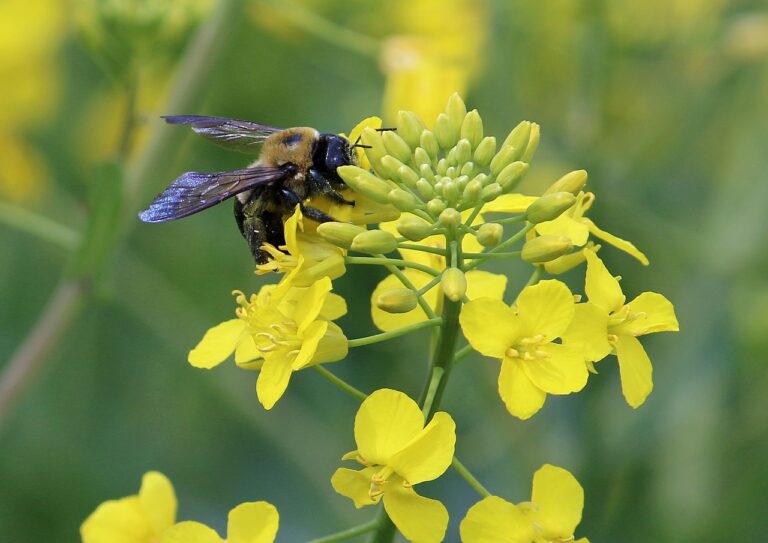Analyzing the Impact of Farm Equipment on Ecosystem Services: All panel mahadev, Mahadev book login, Allpanel login
all panel mahadev, mahadev book login, allpanel login: Farm equipment plays a crucial role in modern agriculture, helping farmers increase efficiency and productivity. However, the use of farm equipment can also have significant impacts on ecosystem services. Ecosystem services are the benefits that nature provides to humans, including food production, water purification, and carbon sequestration. Analyzing the impact of farm equipment on ecosystem services is essential to ensure sustainable agriculture practices.
So, how exactly does farm equipment affect ecosystem services? Let’s break it down:
1. Soil Health
Farm equipment, such as tractors and plows, can contribute to soil compaction, erosion, and loss of soil fertility. Excessive tillage can disrupt soil structure and reduce organic matter content, leading to decreased water infiltration and increased runoff. This can negatively impact soil health and reduce the ability of the soil to provide essential ecosystem services like nutrient cycling and water regulation.
2. Water Quality
The use of fertilizers and pesticides in conjunction with farm equipment can result in water pollution. Runoff from fields treated with agrochemicals can contaminate water bodies, affecting water quality and aquatic ecosystems. Proper management practices, such as precision agriculture and integrated pest management, are essential to minimize the impact of farm equipment on water quality.
3. Biodiversity
Mechanical operations like mowing and plowing can disrupt habitats and reduce biodiversity on farmland. Agricultural landscapes dominated by monocultures and intensive farming practices may lack the necessary resources to support diverse plant and animal species. Implementing conservation measures like hedgerows, cover crops, and wildlife corridors can help enhance biodiversity and promote ecosystem services.
4. Carbon Sequestration
Emissions from farm equipment, primarily from fossil fuel combustion, contribute to greenhouse gas emissions and climate change. Sustainable farming practices, such as reduced tillage and cover cropping, can help sequester carbon in the soil and mitigate the impact of farm equipment on the environment. Carbon farming techniques like agroforestry and rotational grazing can also play a significant role in enhancing carbon sequestration.
5. Pollinator Health
Pollinators play a vital role in crop production and ecosystem health. Farm equipment and agrochemicals can negatively impact pollinator populations, leading to reduced pollination services and crop yields. Creating pollinator-friendly habitats on farmland, minimizing pesticide use, and promoting integrated pest management practices are essential to support pollinator health and preserve ecosystem services.
6. Air Quality
Emissions from farm equipment, such as tractors and combines, can contribute to air pollution and respiratory health issues. Adopting alternative fuel sources, like biodiesel and electric-powered machinery, can help reduce emissions and improve air quality on farmland. Proper maintenance and tuning of equipment are also critical to minimizing air pollution from agricultural activities.
In conclusion, analyzing the impact of farm equipment on ecosystem services is vital for promoting sustainable agriculture and preserving natural resources. By implementing best management practices and leveraging innovative technology, farmers can minimize the environmental footprint of farm equipment and enhance ecosystem services for future generations.
FAQs:
Q: How can farmers reduce soil compaction from farm equipment?
A: Farmers can adopt practices like controlled traffic farming, tire pressure adjustments, and use of track systems to minimize soil compaction from heavy machinery.
Q: What is precision agriculture, and how does it benefit ecosystem services?
A: Precision agriculture involves using technology like GPS and sensors to optimize inputs and reduce environmental impacts. It can enhance ecosystem services by improving resource efficiency and reducing waste in agriculture.
Q: Are there government policies to regulate the environmental impact of farm equipment?
A: Yes, many countries have regulations and incentive programs to promote sustainable farming practices and reduce the environmental impact of agricultural activities. Farmers can consult with local agricultural extension services for guidance on compliance with environmental regulations.
Q: How can consumers support sustainable agriculture practices?
A: Consumers can choose products from farms that practice sustainable agriculture, such as organic and regenerative farming. By supporting eco-friendly farming practices, consumers can help incentivize farmers to prioritize environmental stewardship.







